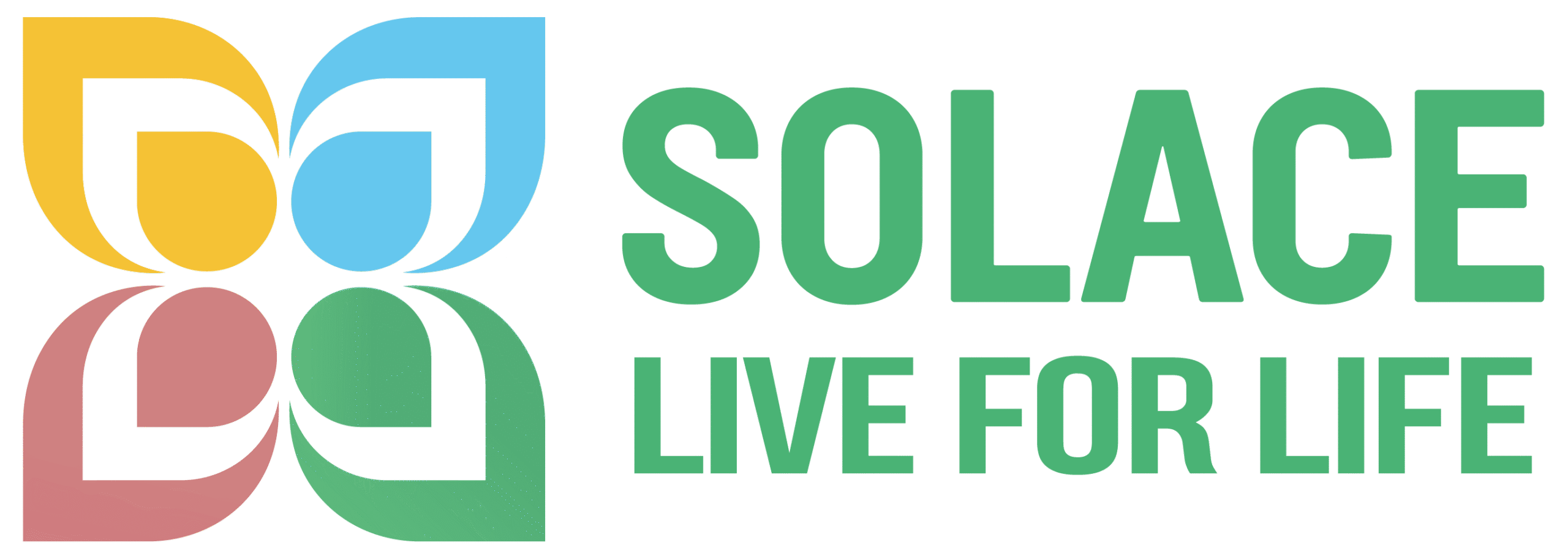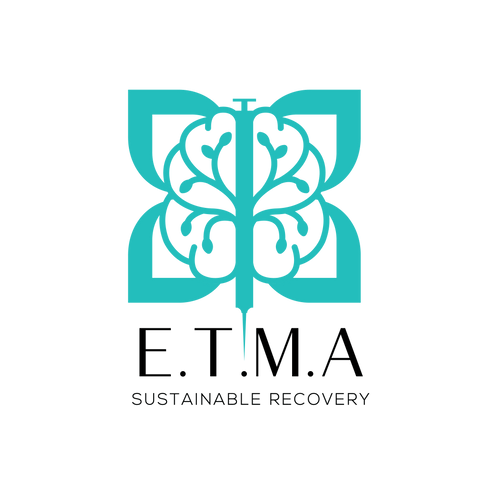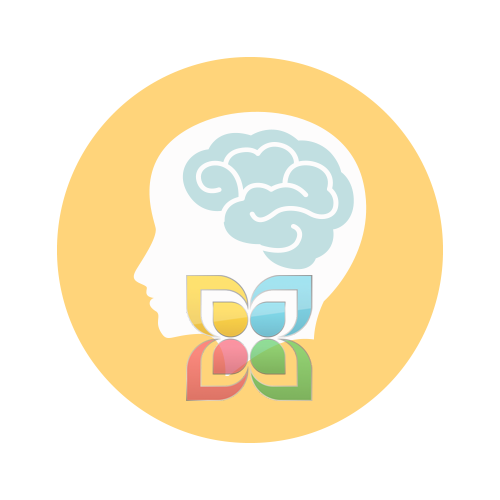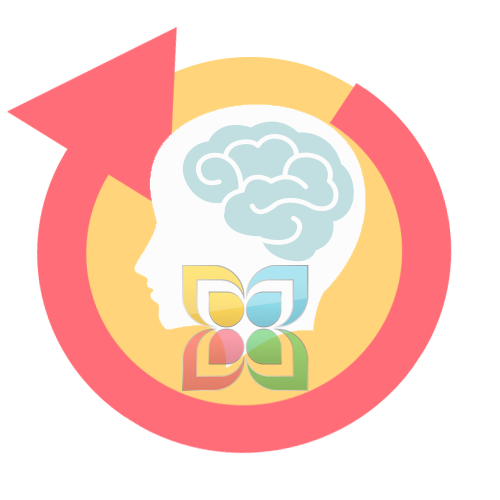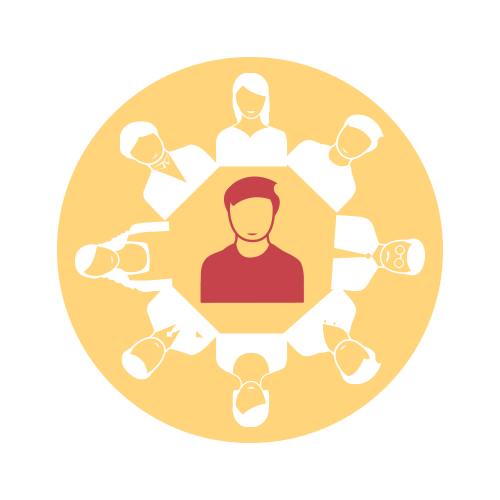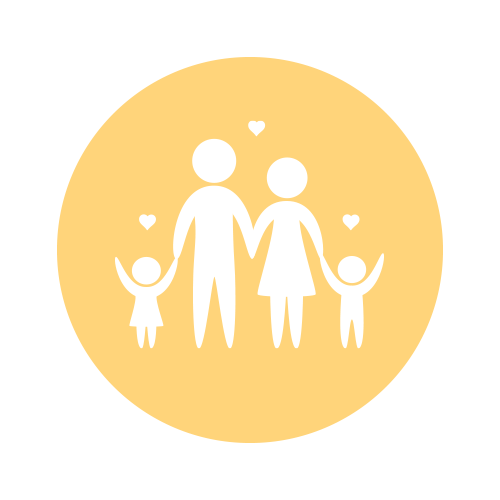What is Addiction
The Addiction Tree: Like a tree, addiction starts with seeds of shame and feelings of inadequacy. The roots are what keeps the tree alive.
Roots: The roots of addiction are shame and faulty core beliefs about ourselves and our worth. Our pain, resentments, fear, hurt, selfishness and dishonesty.
Trunk: Character defects feed the addiction. Addicts often can 'chop off' the 'branches' for a time, even long periods, but without chopping down the trunk, and further killing the roots, the branches keep growing back.
Branches: We tend to focus on the branches, because it is the 'acting out' - using drugs, alcohol, sex, porn, gambling, food etc and find ways and means of getting more, manipulating, cheating etc. These are the symptoms, not the root disease.
When we begin to understand what addiction is, and how it works - we will become less concerned with 'hacking off the branches' and will work on getting to the root of the problem. We have to uproot the shame, the feeling we are not worthy. Heal that, and the addiction dies. In such a situation, is important to seek help. Solace Asia’s holistic addiction treatment can have your way to a cleaner life.
Compounds and experiences with addictive potential activate the brain’s reward circuitry. These triggers, such as alcohol and illicit drugs, are also called reinforcers. Reinforcers are the substances that make us feel happy and more likely to engage in them again, and cause the release of the neurotransmitter dopamine in the brain’s reward system.
Repeated activation by these compounds changes the brain’s reward system structurally and chemically, and produces behaviours like bingeing, escalating use, and symptoms of withdrawal when the drugs are taken away. Addiction is a process based in altered functioning of the reward and motivation systems of the brain. It can manifest in many ways, but historically addictions fall under two categories.
DRUGS
Many people are addicted to substances that are considered drugs. Drugs include things like opiates (heroin, painkillers), benzodiazepines (Clonazepam), alcohol, nicotine (cigarettes), and caffeine (yes, you can even be addicted to your morning coffee).
GAMBLING
Gambling addiction is an act of impulse control disorder that involves betting money.
People usually consider gambling as a form of entertainment and enjoyment. They enjoy the thrill and excitement by betting on their money. Those addicted to this game have no control over the compulsive behavior. They continue to gamble repeatedly because they desire to win back the money they have lost.
SEX
People who are addicted to sex are addicted to the feelings they get from physical intimacy, including the high that they feel during and after orgasm. Sex addiction can lead to STDs, unwanted pregnancy, relationship problems, and low self-esteem.
FOOD
Food addiction or eating addiction is a significant reason behind unnecessary weight gain and health issues in individuals. It is considered a behavioral addiction as it makes people overeat or eat on binges. Such people usually have difficulty controlling their appetite and eventually end up eating more than the required amount. or obese, or they suffer from addictive eating disorders like anorexia, bulimia, or extreme calorie counting.
LOVE
Some people are also addicted to love, which is commonly known as emotional intimacy. They seek the high and want to be loved by others. They immediately jump into relationships and fall into what they think is love very quickly.
OTHER IMPULSE CONTROL DISORDERS AND ADDICTIONS
As mentioned, there are many types of addictions, and almost anything can become an addiction. Here’s a list of some of the other more common types of addictions.
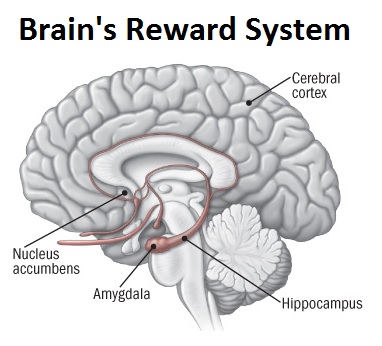
All the addictive drugs, such as alcohol, heroin, nicotine, are known to increase dopamine levels in the nucleusaccumbens. The probability of getting addicted to a particular drug is directly associated with several factors like dopamine release, reliability, and the intensity of that release. All pleasures are registered simultaneously in the human brain, whether caused by a drug, a satisfying meal, a monetary reward, or a sexual encounter. The human brain involves releasing dopamine into a cluster of nerve cells called the nucleus accumbens. These cells are present underneath the cerebral cortex of the brain. Dopamine release in the nucleus accumbens is involved in mood control, reward, motivation, and pleasure.
Even taking the same drug through different methods of administration can influence how likely it is to lead to addiction. Smoking a drug or injecting it intravenously, as opposed to swallowing it as a pill, for example, generally produces a faster, stronger dopamine signal and is more likely to lead to drug misuse.
